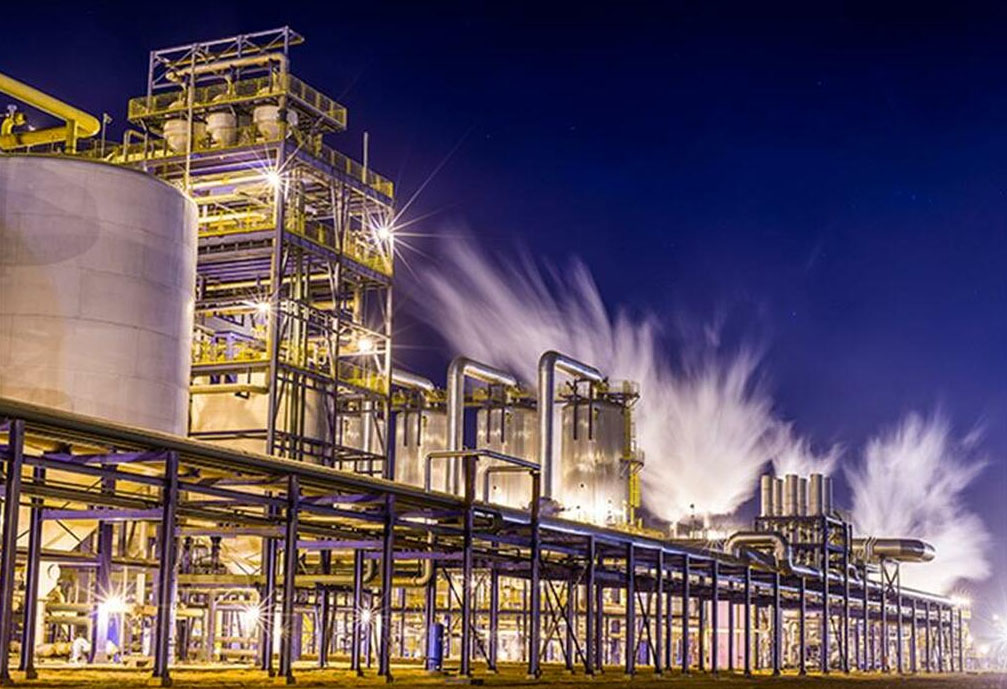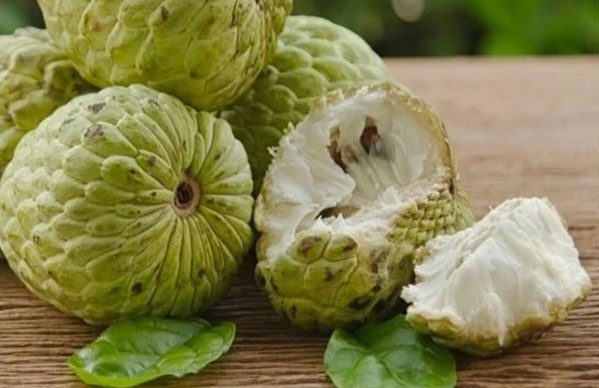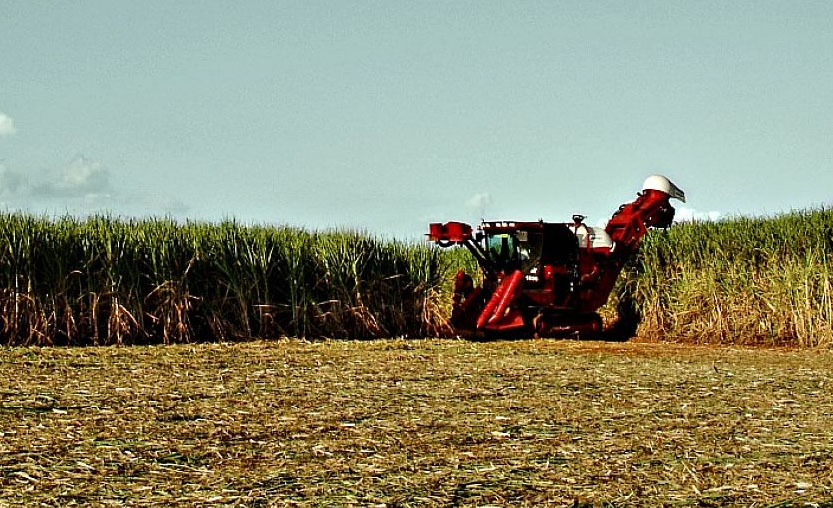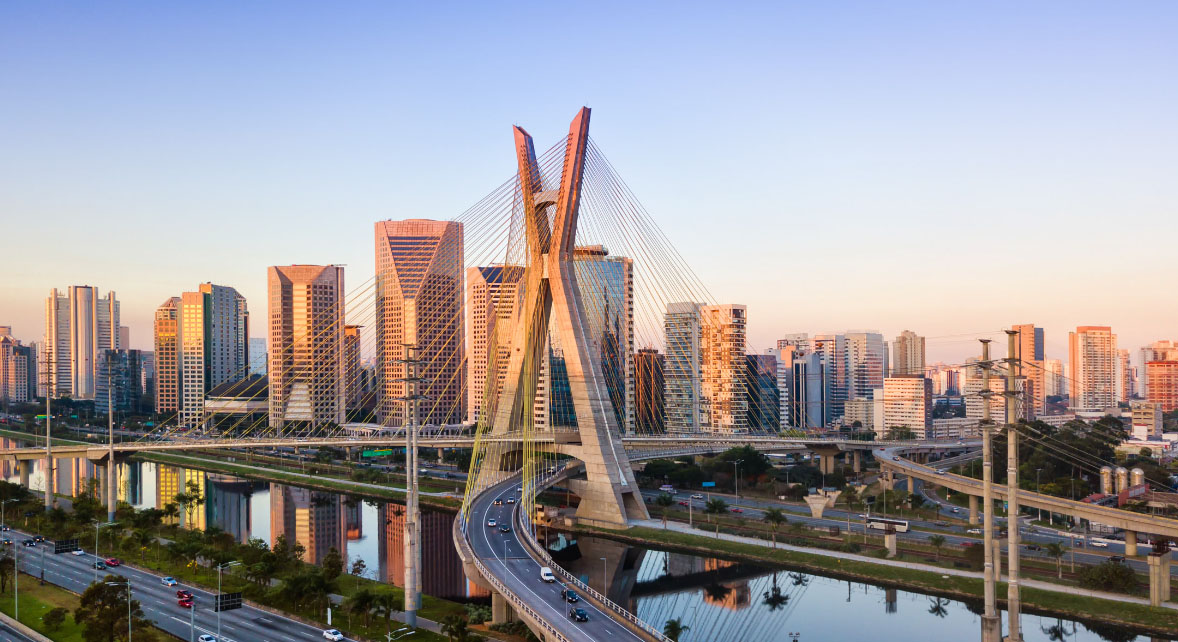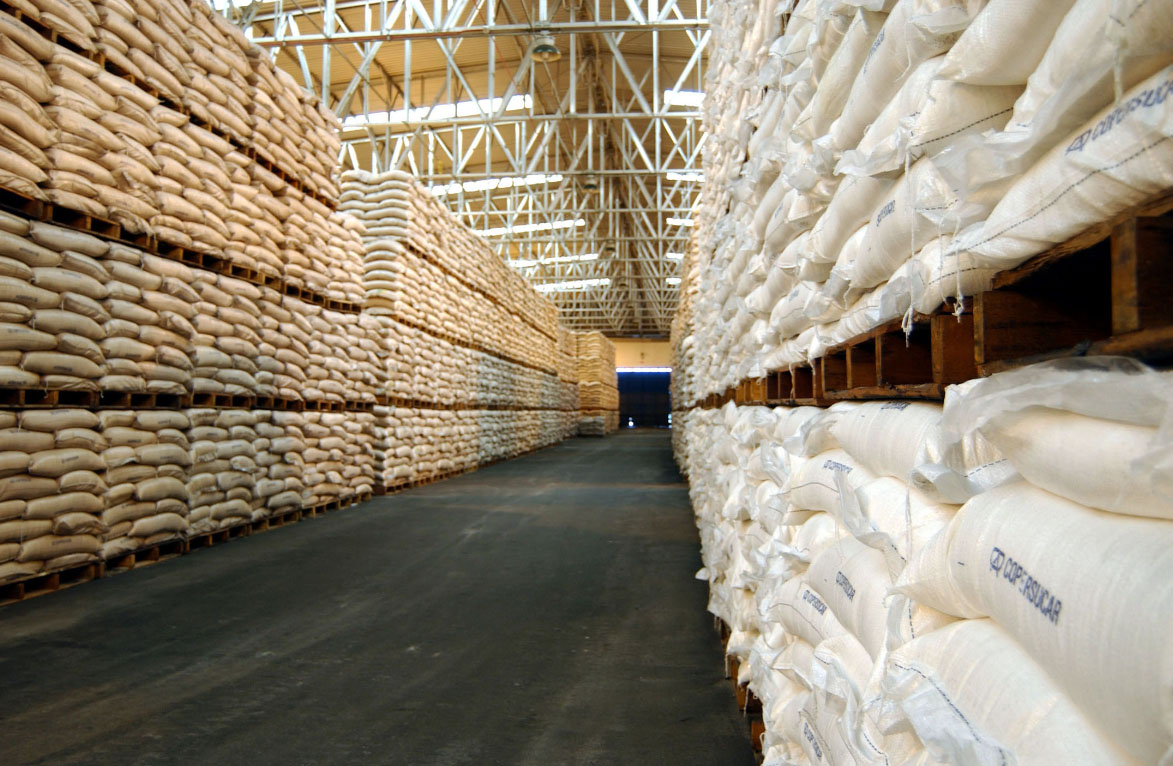Sugar
refineries in Brazil play a vital role in transforming raw sugar into the fine,
white granules that sweeten our lives. These refineries are the heart of the
sugar industry, contributing to Brazil’s reputation as a global sugar giant. In
this blog post, we’ll delve into the world of sugar refineries in Brazil,
examining the refining process, economic significance, and their pivotal role
in the nation’s sugar industry.
Sugar
Refineries in Brazil: A Sweet Transformation
Essential
to Sugar Production: Sugar refineries are the final stop in the sugar
production journey, where raw sugar is turned into the familiar white crystals
we use daily.
Economic
Contribution: These refineries are key players in Brazil’s economy, providing
employment and contributing significantly to the nation’s GDP.
The Sugar
Refining Process
Receiving
Raw Sugar: The process begins with the arrival of raw sugar, often in large
shipments from sugarcane mills.
Purification
and Filtration: The raw sugar is dissolved, purified, and filtered to remove
impurities and color.
Crystallization
and Drying: After purification, the sugar solution is concentrated,
crystallized, and dried to form the white sugar crystals.
Packaging
and Distribution: The final product is packaged and ready for distribution to
consumers and industries worldwide.
Economic
Significance
Employment:
Sugar refineries provide jobs for thousands of Brazilians, from skilled
laborers to management positions.
Export
Potential: Brazil’s refined sugar is exported globally, contributing to foreign
exchange earnings and reinforcing the country’s position as a leading sugar
exporter.
Technological
Advancements
Automation
and Efficiency: Refineries have adopted modern technology to improve
efficiency, reduce waste, and enhance the quality of the refined sugar.
Sustainability
Measures: Many refineries are actively implementing sustainability measures,
such as responsible water management and eco-friendly packaging.
Challenges
and Opportunities
Quality
Assurance: Ensuring the consistent quality of refined sugar is an ongoing
challenge for refineries.
Sustainability
Goals: The pursuit of sustainable and eco-friendly refining practices presents
opportunities for growth and environmental responsibility.
Conclusion
Sugar
refineries in Brazil are not just industrial facilities; they are the final
step in the journey from sugarcane fields to our kitchens. With their essential
role in sugar production, economic significance, and dedication to technology
and sustainability, these refineries are at the forefront of Brazil’s economic
growth and global sugar exports. As they continue to refine tradition while
embracing innovation, they are essential to maintaining Brazil’s position as a
key player in the global sugar industry.

